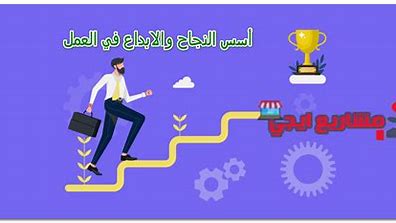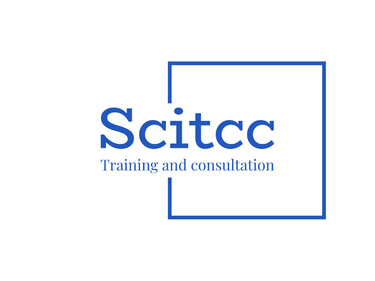
Improving Processes, Maximizing Outputs, and Achieving Institutional Success
Improving Processes, Maximizing Outputs, and Achieving Institutional Success
$3500.00
Day One: Introduction to Process Improvement and Achieving Organizational Success
Objectives:
Understanding the concept of process improvement and its importance in increasing efficiency.
Understanding how process improvement affects organizational success.
Identifying the different methods for process analysis.
Content:
Definition of process improvement and its objectives.
The relationship between process improvement and institutional outputs.
Factors affecting the success of operations within institutions.
The basic tools for process analysis.
Learning method:
Interactive lectures.
Real-life examples from successful institutions.
Group discussion sessions.
Day Two: Tools and Techniques for Process Analysis
Objectives:
Delving into the tools used for process analysis.
Developing skills in identifying operational problems.
How to collect and analyze data related to operations.
Content:
Process analysis tools such as "process maps," "cause-and-effect analysis," and "SWOT analysis."
Data collection techniques: interviews, questionnaires, and observation.
How to measure performance and analyze gaps.
Learning method:
Practical workshops.
Case study analysis.
Day Three: Business Process Reengineering and Solution Innovation
Objectives:
Understanding the concept of "business process reengineering" and its application methods.
Learn how to innovate solutions to improve processes.
Understanding how to manage change in the workplace.
Content:
The concept of Business Process Reengineering (BPR) and its importance.
Steps for process redesign.
Innovation techniques in process improvement.
Change management within organizations.
Learning method:
Group exercises.
Simulation for process reengineering in the work environment.
Day Four: Achieving Institutional Success Through Process Improvement
Objectives:
Understanding the role of process improvement in achieving the strategic goals of the organization.
Learn how to identify and apply Key Performance Indicators (KPIs).
Study on the impact of process improvement on organizational culture.
Content:
How to link process improvement with the strategic goals of the organization.
Defining key performance indicators and applying them to improve processes.
The impact of effective processes on organizational culture and achieving sustainable success.
Learning method:
Case studies from institutions with remarkable successes.
Group analysis and discussion sessions.
Day Five: Sustainable Performance Management and Follow-up
Objectives:
Learn how to manage sustainable performance after process improvement.
Implementation of continuous monitoring and evaluation mechanisms.
Acquiring skills to maintain long-term institutional success.
Content:
How to measure sustainable performance.
Continuous monitoring and performance analysis techniques.
The role of leadership in ensuring continuity and achieving institutional success.
Learning method:
Workshops for strategic planning.
Analysis and discussion of training results.
Target audience of the course:
Leaders and managers in companies and institutions.
The teams responsible for developing and improving processes.
Specialists in quality management and process reengineering.
Those interested in developing institutional performance and achieving sustainable success.
Learning method:
An interactive approach through lectures and workshops.
Analysis of real case studies.
Practical application of tools and techniques.
Exchange of experiences among participants.


